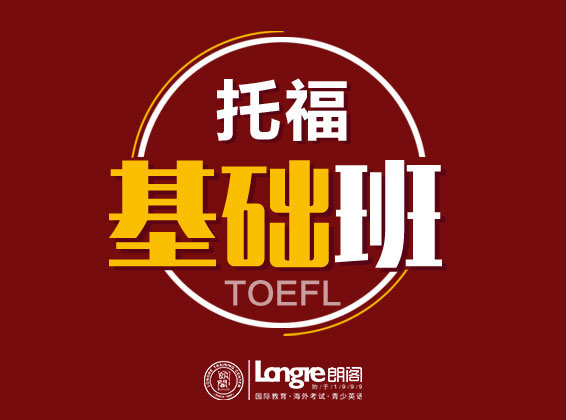|
In February, Google found itself in an unusual position: out of step with its customers. When the company launched Buzz, its social networking service, it faced a barrage of criticism from users who objected to the way it had automatically enrolled users of Gmail, its e-mail service, into the new offering. Their gripe was that it would make their private contacts public. Google was stung by the uproar but put it down to a mistake made in good faith and quickly made Buzz optional. For a company that ranked second in a recent survey by Fortune magazine of the world's most admired companies, getting it so wrong with users was uncomfortable. It also begged the question of how a company known for being so intuitively connected to consumers could get it so wrong. 在《财富》(Fortune)杂志近期的世界 受尊敬公司调查中,谷歌排名第二。对这样一家公司来说,对用户的了解错到如此地步是令人不安的。这也提出了一个问题:一家以与消费者心有灵犀而出名的公司怎么会犯错呢? Google had established its reputation on the back of the functionality and ease of use of its search engine, a stream of popular innovations and a declared commitment to free access to information and the democratisation of the internet. Estimates vary wildly, but in 2009 one research agency, Millward Brown Optimor, valued the Google brand at $100bn. 谷歌的声誉依赖于搜索引擎的功能性和易用性、接连不断广受欢迎的创新、以及对自由获取信息和网络民主化的公开推崇。市场对谷歌品牌价值的估算相去甚远,但2009年,研究机构Millward Brown Optimor对它的估值为1000亿美元。 (责任编辑:admin) |






